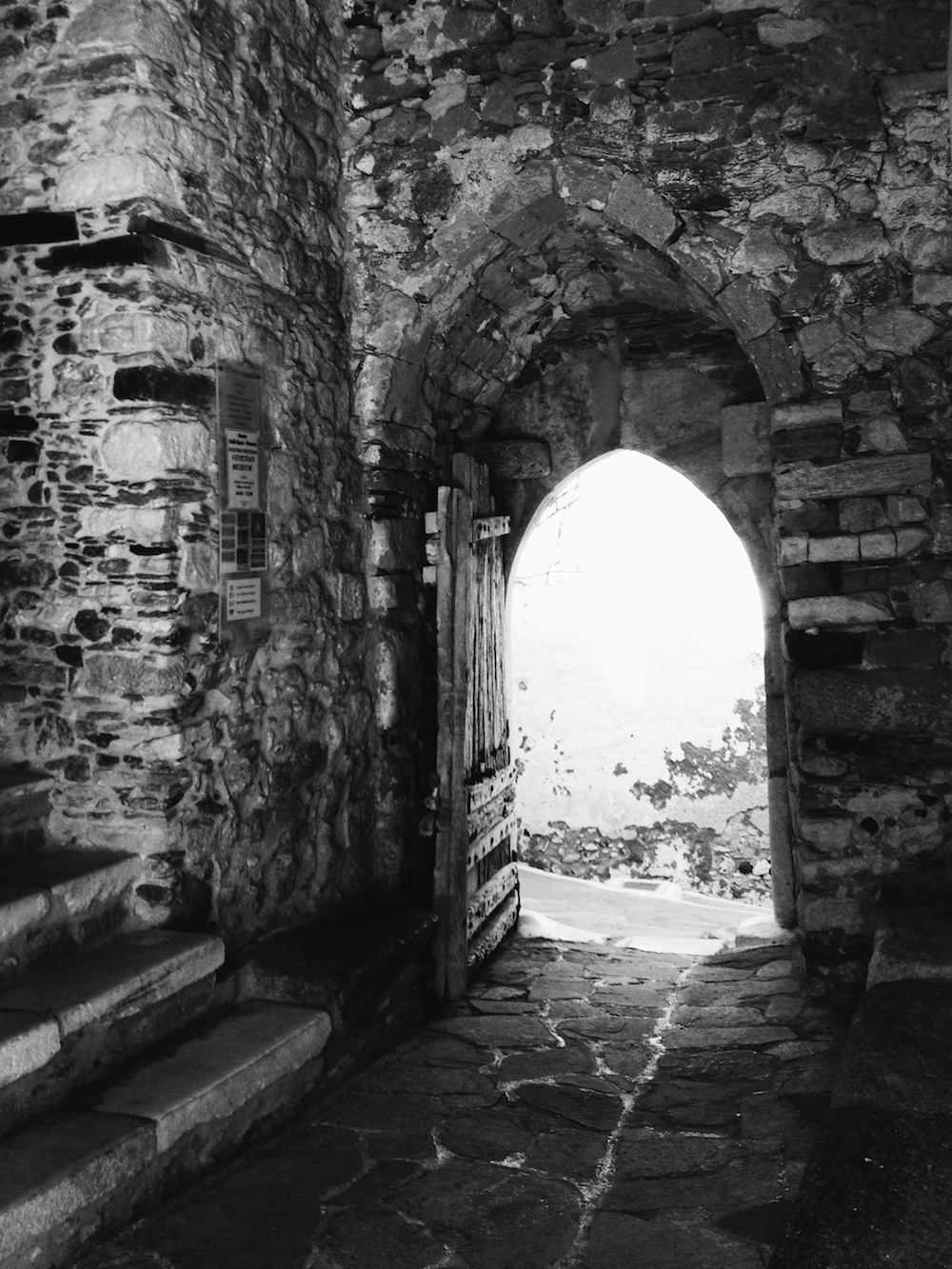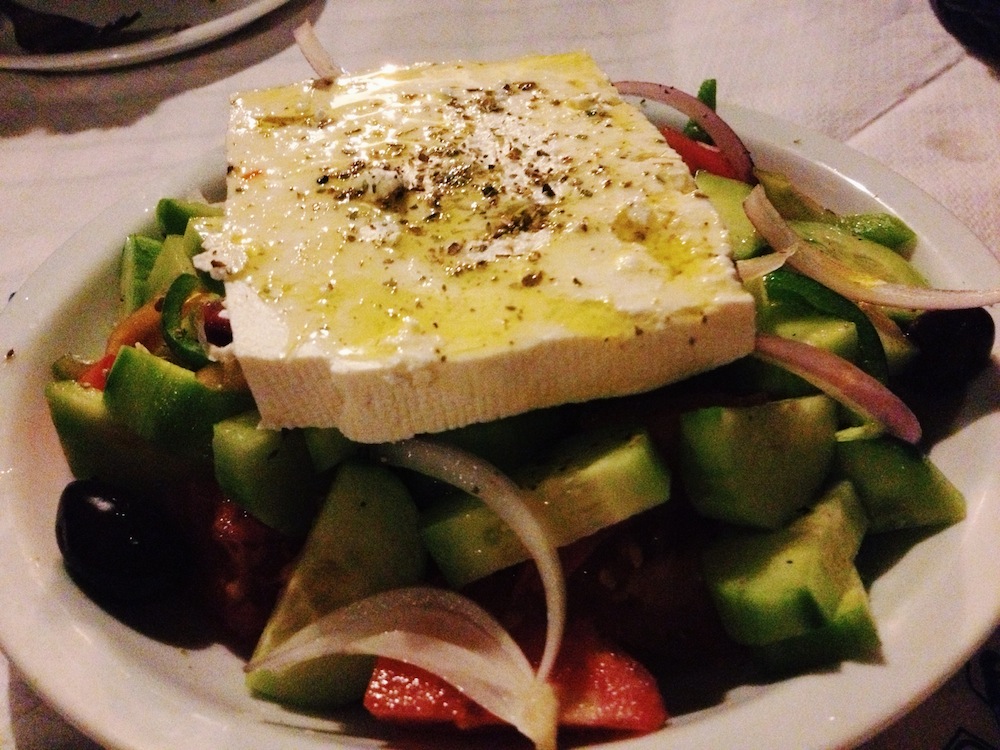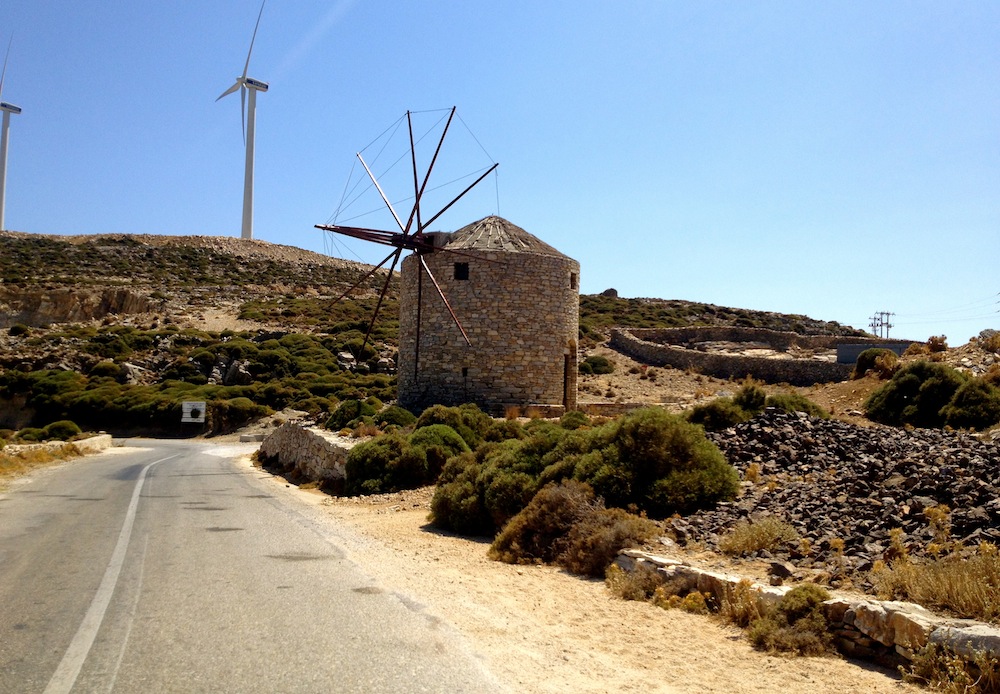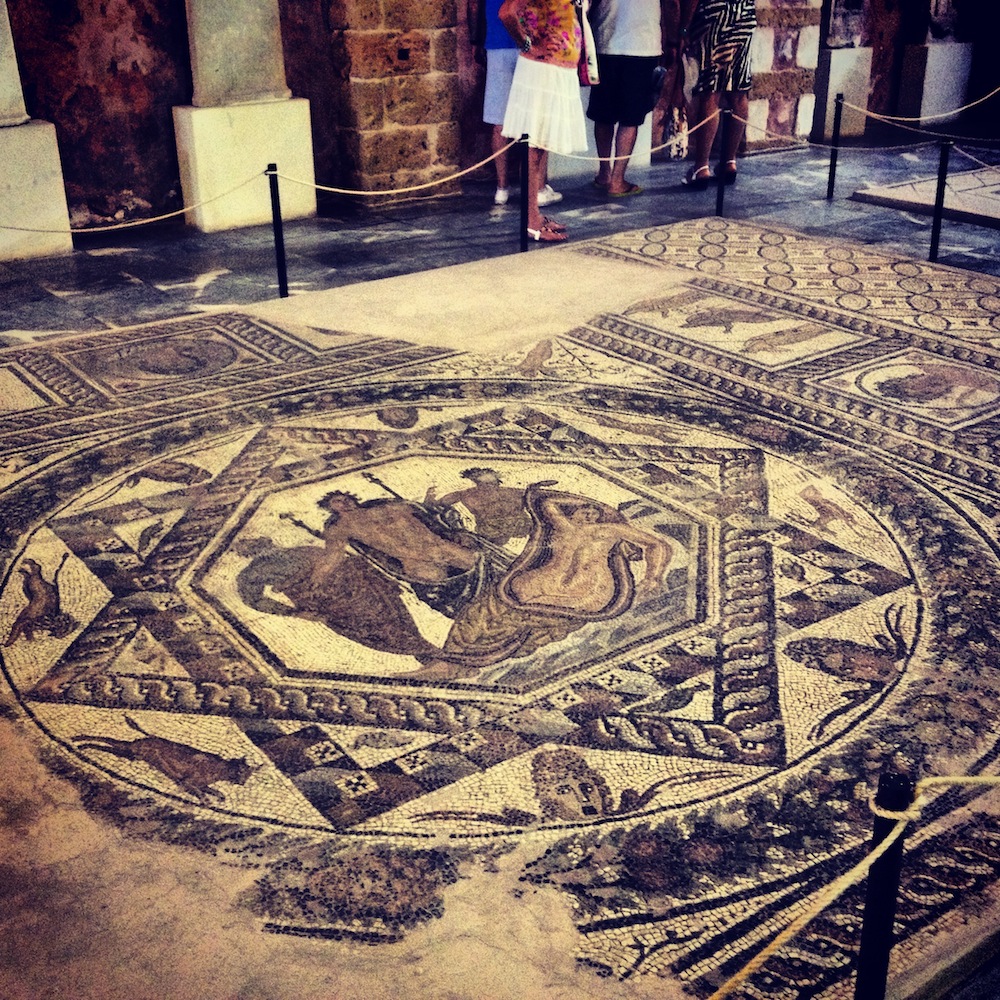The traveler walks through doorways into new lands and is forever changed. Suddenly this unknown world we have envisioned and dreamt about is known. Throughout my travels on several Greek islands, I passed through doorways that told a different side to Greece, one I didn’t quite picture before I crossed thresholds. While too much preparation can lead to boredom on the road, there were a few elements to Greece I wish I knew before I put one foot in front of the other.
Bring Cash and a Secret Stash for Out-of-Order ATMs
While I was well aware of Greece’s financial woes, I didn’t think that I would need cash in almost every buying situation. If I handed over my credit card to any shop, even to pay for a rental car from a major world-wide brand, the receiver of the credit card usually acted as though I just sneezed into my hand holding said credit card. Shops, hotels and restaurants never wanted to see plastic thrown down with the bill. Those who are headed to Greece should be sure to have cash on them. You can’t rely on your credit card as much as you might in other European countries.
So that I didn’t have to drain my bank account in Greece, I tried to book hotels in advance on hotel booking sites in the US. This way the hotels were already prepaid and I didn’t have to worry about having the cash or foreign transaction fees. Also while in Greece, I encountered many out of order ATMs. If you are traveling on small islands, there are often only a few ATMs, usually with one out of order for a few days. Luckily when I encountered this situation on the island of Folegandros, I had enough cash to get me through the next few days. It might be useful to have an emergency stash in cash in case you encounter those out of order ATMs.
Food Portions Can Be Massive
Coming from the US, I have seen food portions at restaurants that could feed a small village. Usually when I travel to Europe, I notice more normal sized portions. However, in Greece, I found most portions at restaurants to be far more than one person could ever eat. If you are looking to save some cash, in many cases, it seemed customary to order dishes for the table to share. For example, this Greek salad is certainly not for one with a brick of feta on top to prove it.
Pack Patience For Island Driving
On each Greek island I visited (Santorini, Naxos, Paros, Folegandros and Crete), driving was often an act of patience. The popular islands like Santorini were clogged with ATVs and scooters. If you rent a car, you can be stuck behind slow moving tourists on windy roads. In particular on the island of Crete, most drivers would cruise in the shoulder rather than the main lane. I witnessed a few travelers with rental car stickers stamped on their vehicles never adjust to this way of driving. While it might not make sense to you, you need to adjust your driving habits while cruising the Greek islands. On Crete, we frequently rode in the shoulder so that cars (all locals) could pass in the one lane. Also if you want to find untouched and private beaches, you might want to rent more of a Jeep type vehicle. Especially in the case of Santorini, we had to travel down rocky dirty roads with steep drops to reach those off-track beaches.
Photo Taking in Museums is Finicky
I don’t usually take photographs in museums. If I do, I usually look for a sign that says that I can. The funny thing about the museums that I visited on the islands was that many travelers were snapping away. Especially in the case of archaeological museums, there would be the tiniest of signs next to certain artifacts saying “no photographs”. Those off limits items would often be next to artifacts that you could in fact photograph. Having learned this early on in my museum visits, I was always careful to look out for this little sign, that is until a mosaic in Crete. I searched for a no-photo sign before pulling out my camera. I spotted no such sign and began to click away only to be admonished like a school kid from a stern woman in the corner. The little minuscule sign telling me not to take a photograph of this particular item was hidden out of sight. Bottom line, if you are visiting a museum, make sure you search high and low for these signs before you snap away.
Know Your Destinations’ Greek Spellings
In Shakespeare’s Julius Caesar, the famous phrase was born of “it’s all Greek to me.” Casca is telling Cassius that he couldn’t understand what Cicero was saying as he spoke Greek. He remarks, “Those that understood him smiled at one another and shook their heads. But, for mine own part, it was Greek to me.” I perhaps never fully appreciated this sentiment until I was tasked with reading Greek road signs. On small islands or those with fewer tourists, my destination would often be listed in its Greek spelling, a spelling that frequently bore no semblance to the one I knew. Before you leave for Greece, if you plan on driving or just navigating, be sure to study up on the Greek alphabet and also know your destinations by their Greek spellings.
Have you been to Greece or the Greek islands? What survival tips would you recommend?






I was in Crete this August and I agree with food portions. They were way too big. I was served a massive Greek salad with a basket of bread and fried olives. It was only 5 euro, but I could not eat it all at one sitting.
Oh my god, that is a whole block of feta on one salad! I lurve feta, but even that’s too much for me! 🙂
I remember I would eat a Greek Salad just like that every day with a omelet for brunch that was my sustenance for the day. I don’t think I’ve ever been as healthy as I was in those 3 months in the Greek Islands. i’d do it all again in a heartbeat.